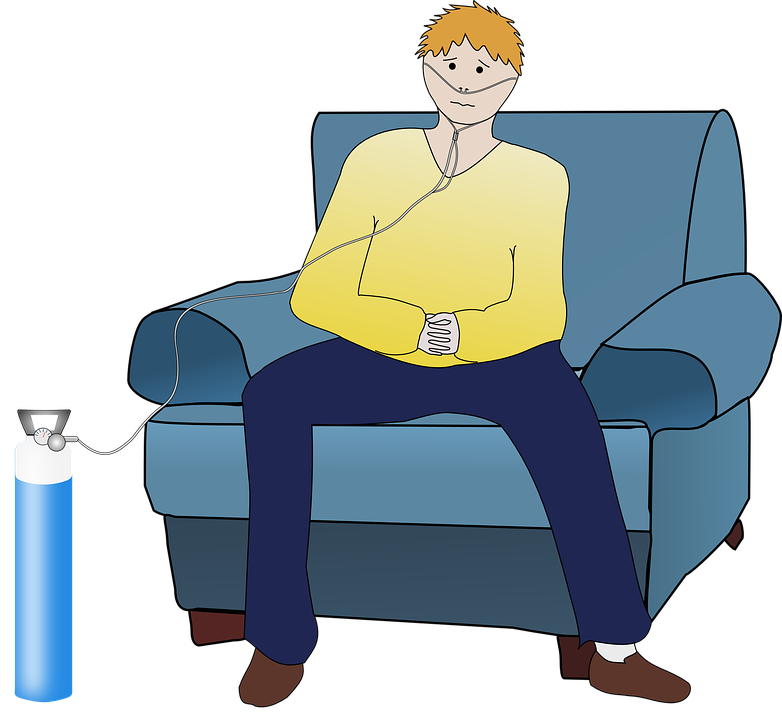
How People Living with a Chronic Disease Take Care of Their Mental Health
Living with a chronic disease is no walk in the park. Though physical discomfort is definitely a significant aspect of chronic disease, the mental aspect might be even more important.
The body follows where the mind goes so if your mental health is poor, your physical health will be in the same condition. In case you have a chronic disease, the mental affliction might exacerbate the disease.
Someone with a chronic disease should have certain ways and tools to help them take care of their mental health. The following are some options for such people to address their mental health:
1. Learning About Their Disease
Knowledge is often the antidote to anxiety. Therefore, if you want to better take care of your health if you have a chronic disease is to find out as much as you can about the disease.
Ask your doctor about any resources that might help you better understand the condition. The more understanding you develop, the better equipped you will be to handle the mental side effects of the disease.
Knowledge also helps you develop the mental strength necessary to deal with the condition. What most people are afraid of when it pertains to disease, is the unknown.
2. Positive Attitude
Your attitude affects every aspect of your existence as a person. Developing a positive attitude as a person with a chronic disease will significantly help you take care of your mental health.
Having a positive outlook on life is much easier said than done. On the other hand, it does not require any time or effort. All you need to do is make the choice to look at your life in a particular light.
A positive attitude will keep you in good spirits even when the harshest symptoms of a chronic disease manifest themselves. By being positive, chronic disease patients are able to stay optimistic and might even end up making their condition better.
3. Acknowledge Limitations and Challenges
If you have a chronic disease, one of the best things you can do is acknowledge your limitations and challenges. Learning about your condition will help you with this but accepting is the important part.
There are many resources you can use to find out the limitations that your condition imposes upon you. For example, a diabetes patient can find out their limitations and challenges from https://dealingwithdiabetes.org. Each disease will have different limitations on each patient.
When you accept that there are things outside of your control, you will have much better mental health than if you were to reject your limitations. On the other hand, unless you are completely incapacitated, you will have things you can still do which should add some positivity to your life.
4. Support
No man is an island and a little help goes a long way. One thing that can help a patient with a chronic disease to have fantastic mental health is to receive support from others.
The good news is that there is a community for everything online including patients with chronic diseases. You can chat with other people going through the exact same affliction as you and get tremendous insight.
Knowing that they are not alone helping many patients with chronic diseases better cope with their condition. The support can come from friends, family, or anyone who wishes to see you do well.
5. Find a Purpose
Even if you have a chronic disease, you can still find something meaningful to do in this world. Many people require their lives to have some sort of meaning for them to have proper mental health.
People find purpose in all types of endeavors. It might be spending time with family, helping others with the same condition, or being creative.
Regardless, if you want to have great mental health, it is necessary that you find something that gives your life purpose. Otherwise, you will find life meaningless which is what drives most to suicide.
6. Relaxation

The two most common mental health disorders affecting people with chronic illnesses are depression and anxiety. If you want to reduce the effect these disorders have in your life it is paramount to know how to be calm and relaxed.
There are dozens of ways for you to bring an element of relaxation to your life. They include meditation, yoga, exercise, and breathing exercises.
If you can find a way to be calm even when you have acute bouts of discomfort, you should be in good mental health. The key in this regard is consistent practice.
There is a multitude of ways in which people with chronic illnesses can have great mental health. The points above should be a good starting point for those with mental health issues arising from chronic illnesses. Find out what works for you and stick to it.










